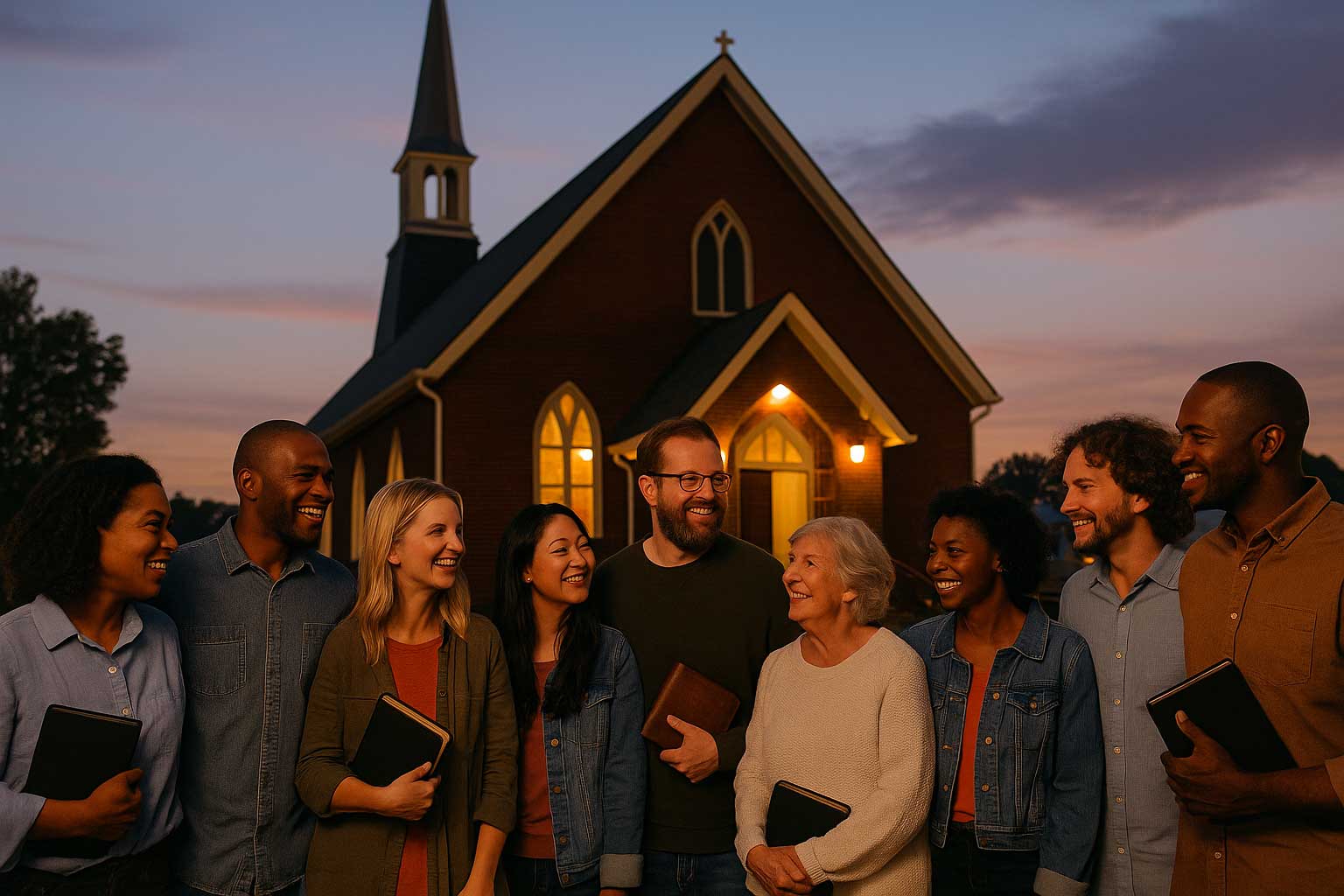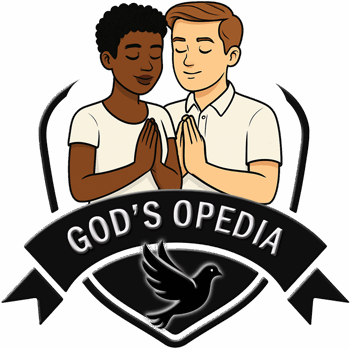The Church: Body of Christ

God’s People, God’s Mission, God’s Presence in the World
When the New Testament speaks of “the church,” it’s not referring primarily to a building or an institution. The church is the people of God — those redeemed by Jesus Christ, filled with His Spirit, and sent into the world to glorify Him and make disciples. Scripture calls the church “the body of Christ” (1 Corinthians 12:27), a living, interconnected community under the headship of Jesus.
This page explores what the Church is, its mission, the diversity of denominations, the role of leaders, and the Great Commission that drives its purpose.
1. What the Church Is (and Isn’t)
The People, Not the Place
While Christians meet in physical locations, the church itself is made up of believers. In Greek, the New Testament word for church is ekklesia, meaning “assembly” or “called-out ones.”
Local and Universal
Local Church: A community of believers in a specific place, gathering for worship, teaching, fellowship, and mission (Acts 2:42–47).
Universal Church: The worldwide fellowship of all who belong to Christ across time and space.
Not a Social Club
The church is not simply a community group, a charity, or a political organization. While it engages in social good and public life, its primary identity is as a spiritual family centered on Christ.
2. The Church’s Mission
The mission of the Church flows from the mission of God: to reconcile people to Himself and restore creation.
Key Aspects
Worship: Declaring the greatness of God in spirit and truth (John 4:23–24).
Discipleship: Helping believers grow into maturity in Christ (Colossians 1:28).
Evangelism: Proclaiming the good news of salvation to all nations (Mark 16:15).
Service: Caring for the poor, oppressed, and marginalized (James 1:27).
Witness: Living out the gospel in daily life (Philippians 2:14–16).
3. Denominations and Unity in Diversity
Why So Many Denominations?
Differences in history, culture, governance, and interpretation of certain doctrines have led to the formation of many Christian denominations — from Baptist to Methodist, Presbyterian to Pentecostal, Orthodox to Roman Catholic.
Unity in Essentials
Despite these differences, most Christian traditions affirm the core tenets of the faith:
The Trinity.
The deity and humanity of Christ.
Salvation by grace through faith.
The authority of Scripture.
The bodily resurrection of Jesus.
Charity in Non-Essentials
Christians may disagree on secondary matters (e.g., baptism mode, worship style) but are called to maintain love and fellowship (Ephesians 4:2–6).
4. Church Leadership: Pastors, Elders, Deacons
Pastors (Shepherds)
Provide spiritual oversight, teach God’s Word, and care for the flock.
Elders
Share leadership responsibility with pastors, focusing on governance, teaching, and prayer.
Deacons
Serve the congregation by meeting practical needs and supporting the ministry.
Every Member a Minister
In the body metaphor, every believer has a role (1 Corinthians 12:12–27). Spiritual gifts are given to build up the church, not for personal prestige.
5. The Great Commission
Before ascending to heaven, Jesus gave His disciples this charge (Matthew 28:19–20):
“Go therefore and make disciples of all nations, baptizing them in the name of the Father and of the Son and of the Holy Spirit, teaching them to observe all that I have commanded you. And behold, I am with you always, to the end of the age.”
This is not optional — it defines the church’s purpose:
Go: Be intentional about engaging with the world.
Make Disciples: Lead people to faith and maturity in Christ.
Baptize: Publicly welcome new believers into the family.
Teach: Ground them in Scripture and obedience to Jesus.
6. The Church as the Body of Christ
Paul describes the church as Christ’s body, with each member serving a unique function:
Diversity of Gifts: Teaching, service, encouragement, generosity, leadership, mercy (Romans 12:6–8).
Mutual Care: When one member suffers, all suffer; when one rejoices, all rejoice (1 Corinthians 12:26).
Christ as Head: The church follows His lead, not its own agenda (Colossians 1:18).
7. Why the Church Matters
Spiritual Growth: The local church is where believers are nurtured, corrected, and encouraged.
Accountability: It helps guard against false teaching and isolation.
Community: Provides a place to love and be loved, to serve and be served.
Mission: A healthy church impacts its community and the world.
8. Common Misconceptions About the Church
“I don’t need the church; I can follow Jesus alone.”
While faith is personal, it is never meant to be private. God places believers in community for growth and mission.“The church is full of hypocrites.”
True — and that’s the point. The church is not a gathering of perfect people, but forgiven sinners being transformed by grace.
9. Living as Part of the Church
To belong to the Church is to:
Commit — Regularly gather with a local body.
Serve — Use your gifts for the good of others.
Give — Support the mission financially and with time.
Pray — For leaders, members, and the church’s witness.
Invite — Bring others into the fellowship.












